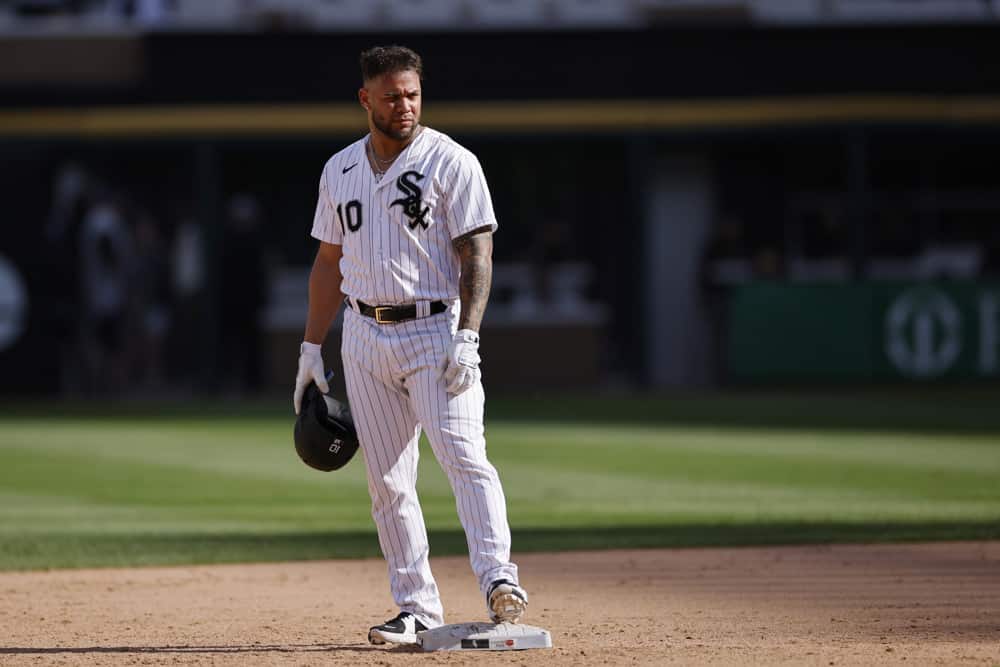Such is the compressed window between the end of the World Series and free agency that the White Sox can go from congratulating Liam Hendriks on winning AL Comeback Player of the Year in one tweet ...
... to thanking him for his contributions after declining his club option for 2024 less than 24 hours later.
But there's a lot of business to take care of between now and Monday, and the White Sox appeared to have settled most of it. Besides buying out Hendriks, the White Sox announced that they outrighted Clint Frazier and Trayce Thompson, while Mike Clevinger declined his part of the $12 million mutual option, instead taking a $4 million buyout.
Mutual options seldom stand a chance of being exercised by both teams -- it's more or less just a fancy way to defer salary -- and Clevinger pitched well enough to be the one to say "no thanks." All he has to do is beat a one-year, $8 million contract on the open market to come out ahead, or maybe just a better team. AJ Pollock ended up losing a little money in his decision to let the White Sox buy him out after the 2022 season, but I doubt he regrets it.
With Clevinger officially off the roster, the White Sox are left with one MLB-caliber starting pitcher in Dylan Cease, at least until Brian Bannister can work a miracle or six.
What's most interesting about this update is what the White Sox didn't announce, which is a decision about Tim Anderson's $14 million club option. Friday afternoon/evening is the standard window to announce unpopular decisions, and either choice would qualify as such due to the tension between his status and recent performance.
That it hasn't been resolved makes me wonder if the White Sox are revisiting the market for a change-of-scenery trade before making the call. That doesn't necessarily suggest one outcome is more likely than another. If they trade him, then the option is no longer their decision to make, but if they can't find a partner before Monday, the conversations may merely inform whether it's worth picking up the option themselves, or whether it's better to just move on.
Perhaps they learned a lesson from two years ago, when they telegraphed the intent to trade Craig Kimbrel before exercising him, and after picking up the option, they couldn't find a suitor until the end of spring training. It was a risk, because declining the option would've freed up 16 million real American dollars that can be accepted as legal tender by anyone, whereas exercising it converted that money into 16 million Kimbrelcoin, a very specific kind of currency that most parties wouldn't accept as legitimate. It, too, ended up being a huge waste of time and energy with nothing to show for it.
That year, the White Sox announced all of their option business at once. Here, at least they appear to be taking their time, which is hopefully the start down the path toward a responsible decision.





